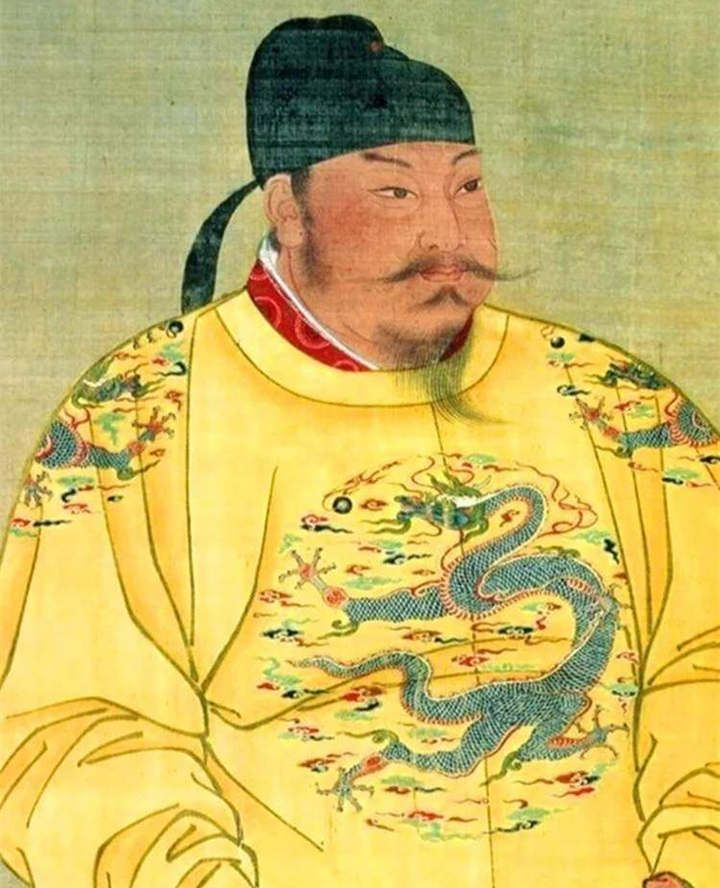Tang Taizong (626 AD–649 AD)

The second Emperor of China's Tang dynasty, Taizong, originally known as the Prince of Qin and going by the name Li Shimin, ruled from 626 to 649. Tradition has it that he was credited with helping his father, Li Yuan, start the dynasty by inciting a rebellion against the Sui in Jinyang in 617. After that, Taizong was crucial in starting a rebellion against the Sui dynasty by vanquishing a number of the dynasty's most dangerous rivals and solidifying its control over China.
As a rule, Taizong strengthened the imperial examination procedures when he was the emperor. In an effort to combat corruption, he insisted that his subordinates uphold non-human policies. Under Zhenguan, China flourished economically and militarily. For more than a century after his death, China enjoyed prosperity and peace due to his solid fortification of imperial defense of China's regions. In terms of size, it encompassed a large portion of the area that the Han dynasty formerly controlled as well as portions of the contemporary countries of Korea, Vietnam, Russia, Mongolia, Xinjiang, and Central Asia. Consolidation and conquest during this period paved the way for Xuanzong's rule, which is regarded as the zenith of the Tang dynasty.
Emperor Taizong, in contrast to the majority of the nobles of his day, was an avowed rationalist, a scholar of logic and scientific reasoning, and even openly scorned superstitions. Additionally, he changed significant ceremonies to lessen the load of agricultural work. According to contemporary Chinese historian Bo Yang, Emperor Taizong excelled by accepting criticism that would be difficult for others to take and by striving not to misuse his total authority. He also worked with excellent prime ministers like Fang Xuanling, Du Ruhui, and Wei Zheng.
Emperor Taizong is regarded as one of the greatest in Chinese history because his reign served as the benchmark for all succeeding emperors. Later crown princes used the Zhenguan Dynasty, which he lived through, as a study resource since it is regarded as a glorious period in ancient Chinese history.
To conclude, Emperor Taizong of Tang was considered one of the greatest Emperor in Chinese history:
- was the second Emperor of China's Tang dynasty, ruled from 626 to 649 AD.
- was an avowed rationalist, a scholar of logic and scientific reasoning.
- as a rule, he strengthened the imperial examination procedures and make an effort to combat corruption. That made China flourish economically and militarily.















